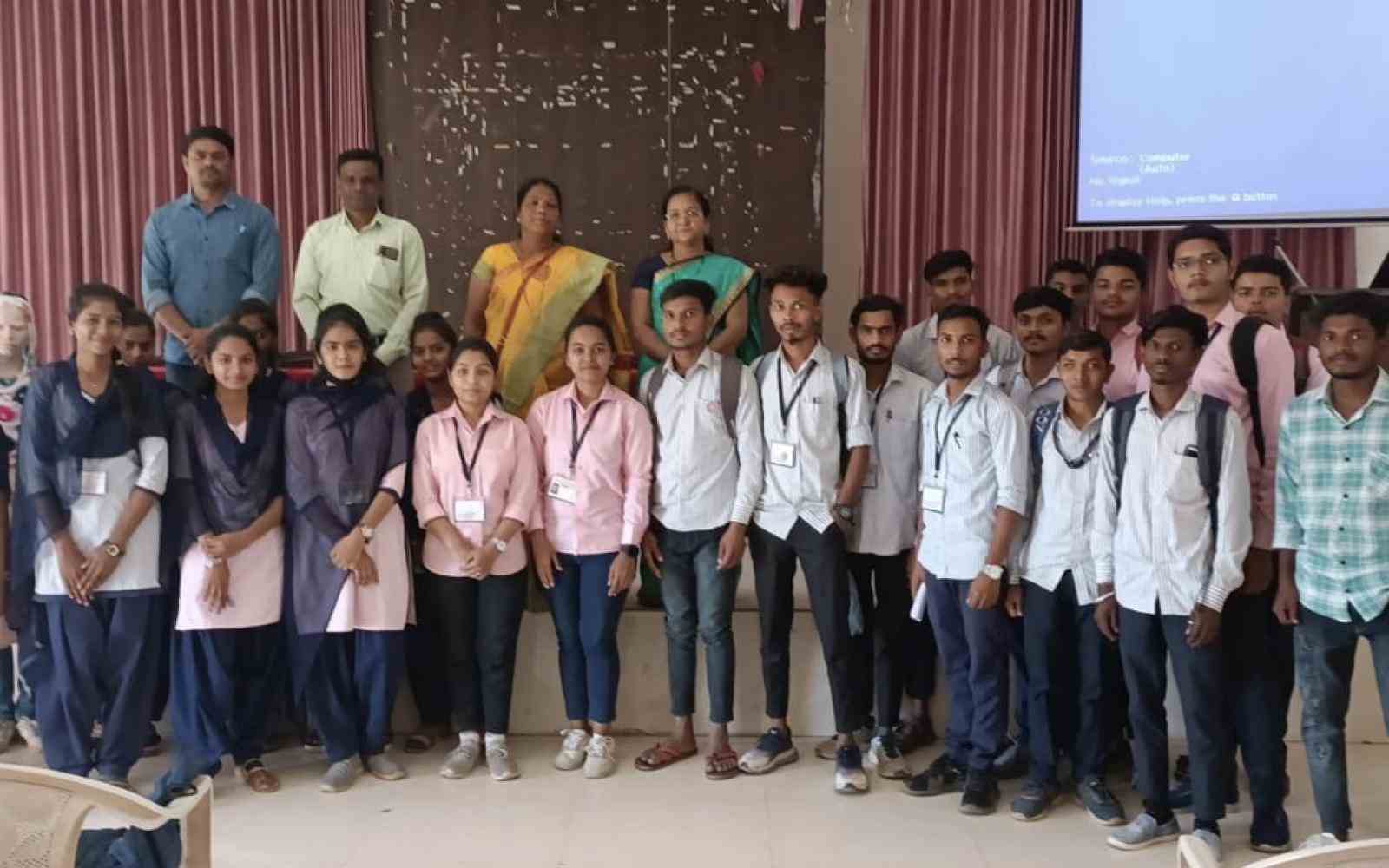TrustCircle, the AI-based self-awareness and mental health prevention platform set to reach 10% of the world population by 2040
When the world is failing to address growing mental health problems, hope lightens up as an initiative, with a successful track record in India, the United States, Malaysia, and Africa, and the recognition of several international agencies, aims not only to provide a prevention and early intervention solution but also a self-help tool for one billion people by 2040.

